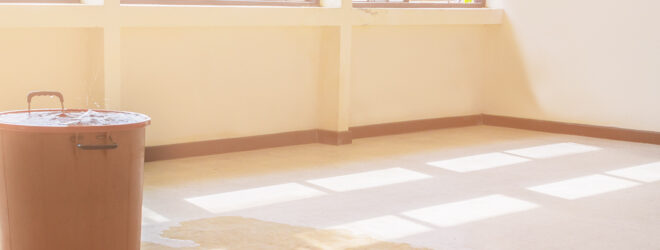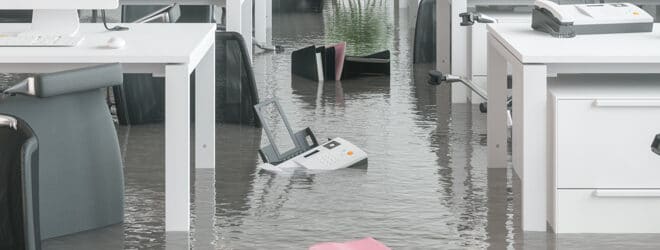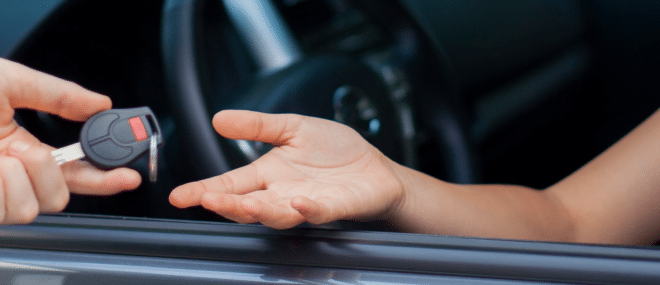As the owner and operator of a country club or golf course, you’re aware that each course can have varying types of terrain and elevation. Uneven surfaces are common, there can be paved or unpaved cart paths, bridges, and rough steps. While some golfers may prefer a golf cart, there are others that may enjoy walking the course. The last thing on a golfer’s mind while playing is to be wary of slip and fall hazards.
As a golf course operator, it is your job to be mindful of inherent hazards that may cause slip and falls. To help reduce these hazards you should be aware of the conditions and manage them appropriately. Here are some of the most common hazards on a golf course, and some tips for protecting your guests:
Best practices for safeguarding against slips and falls
- The parking lot(s) should be inspected regularly for potholes, uneven surfaces, and other debris. Areas of concern should be clearly marked and repaired as soon as possible. Debris that could cause slips and falls should be removed at the time of inspection.
- Any walkways and cart paths throughout the course should be inspected upon opening. Uneven surfaces and tripping hazards should be clearly marked and repaired as soon as possible.
- If your course features any bridges, they should be inspected regularly to ensure that walking surfaces and handrails remain in good condition and are structurally sound.
- Due to the nature of a golf course being outdoors, weather conditions are a largely contributing factor to slip and fall hazards. In inclement weather, all golfers should be redirected throughout the course to avoid inherent hazards such as wet/muddy terrain, or any other conditions not normally encountered when the weather is ideal for playing.
Clubhouse management during the off season
Many golf and country clubs offer their members access to a Clubhouse, which can feature areas for socializing, restaurants, bars, and more. Due to the function of this area, the Clubhouse can be open all year round. Therefore, snow removal is an integral part of managing slip and fall hazards.
During the winter months, all employees should remain vigilant and keep an eye on the condition of the floors, including floor covering such as carpeting, to help control the risk of slip and falls. It is important that any wet floors are dealt with immediately.
Emergency exits and exterior stairways should be regularly maintained in the winter, ensuring that they are always free from obstruction and snow. This includes all pathways leading to established gathering points in case of an emergency evacuation of the building.
Snow removal tips for golf courses
Snow removal can be done by a third party contractor, or by your own employees. If hiring a contractor, ensure that the contract/service agreement defines clearly the
work to be done and the roles and responsibilities of each party. The contractor’s obligation to apply snow melting material such as salt should be clearly defined in the contract.
If you choose to have an employee do your snow removal, it is important that you clearly define the tasks to be performed by them. You should also maintain a log with all entries as to what has been completed, at what time, and by who. You can also note the weather conditions at the time of snow removal. Make sure that snow melting products are always available in sufficient quantities and also document this information in your log book.
Ensure that your golf course is protected
Despite all of your preparation and the precautions you have taken, sometimes things can still go wrong. That’s when insurance can be helpful. To learn more about how a tailored policy can help protect you, your business, your employees, and your bottom line, visit our Business Insurance page today!




